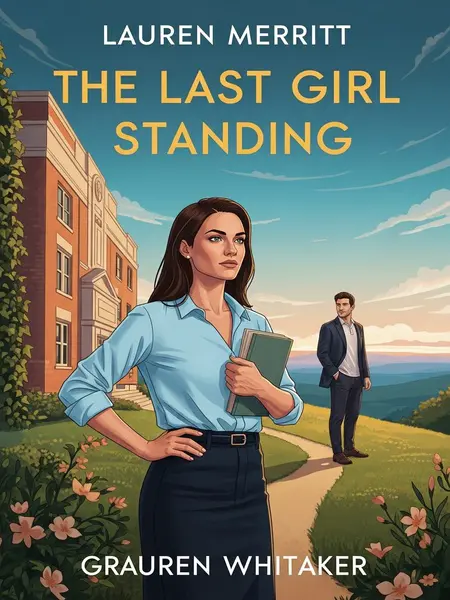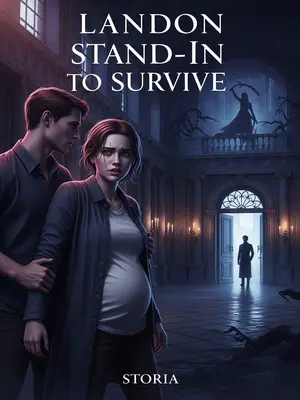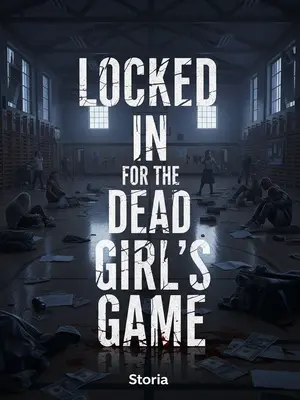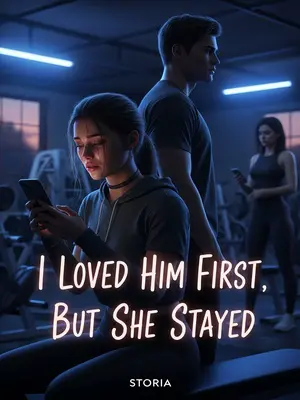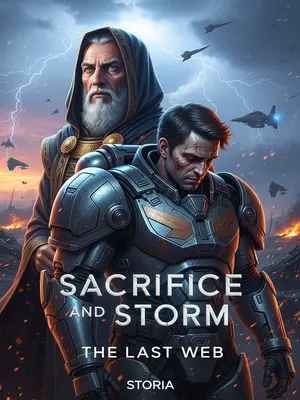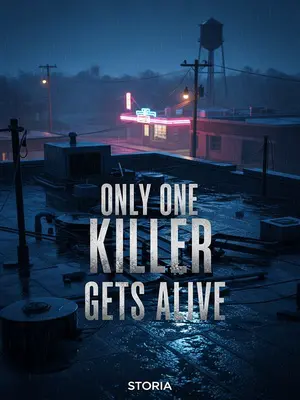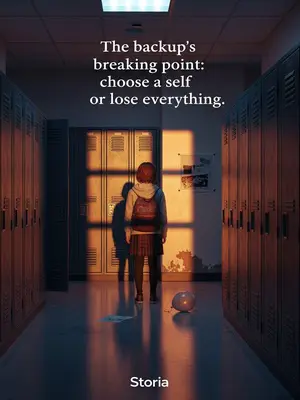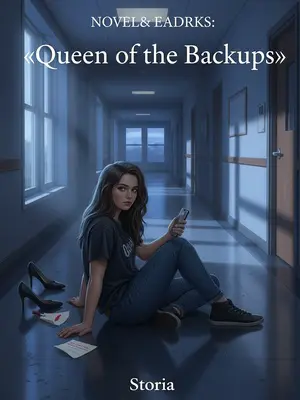Chapter 2: Fish Scales and Second Chances
The question threw me. I paused, pen hovering, and glanced up. He was watching me, head tilted, eyes full of mischief and maybe a little real curiosity.
I shifted my gaze from the paper to his face. He rested his chin on his hand, eyebrows arched, eyes bright, his messy hair making him look like he’d just rolled out of bed—but in a way that worked for him.
He was better-looking than any of the celebrities the girls obsessed over.
It was almost unfair, seeing him up close—like he belonged in a college recruitment brochure, all promise and possibility.
But I set my pen down, gave him a cool, serious look: “If you’re not here to study, don’t waste my time.”
My voice was flat, maybe a little too blunt, but I meant it. I could feel a few classmates’ eyes on us, but I didn’t care.
He suddenly laughed, glanced at the scratch paper, and said, “So the answer’s root three, got it. But really, what do you like?”
He leaned back, arms crossed, like he was waiting for the punchline. His confidence was infectious, but I refused to play along.
I ignored him.
I went back to my notes, shutting him out like background noise. He didn’t seem offended—just more interested.
After that, weird stuff started happening—Sharpie doodles on my seat, my chair and books going missing, being locked in the girls’ bathroom—classic, petty high school bullying.
It was like something out of *Mean Girls*: marker graffiti on my locker, my backpack vanishing, even cold shoulders from people who used to wave. At first, I thought it was random, but the timing was too perfect.
When Graham found me, it was like a scene from a John Hughes movie—a hero swooping in to save the girl.
He burst into the bathroom, keys jangling, looking every bit the knight in his varsity jacket. I was drenched from a busted pipe, shivering and annoyed, the smell of old tile and wet plaster thick in the air.
He opened the locked door, saw me soaked, shrugged off his jacket and offered it, frowning as he asked, “Who did this?”
His concern seemed genuine, but I could see the calculation in his eyes—like he was waiting for me to thank him.
As if he wanted to be my hero.
He squared his shoulders, ready to defend me. The hallway outside was silent, the echo of water dripping and muffled whispers from classmates waiting to see what would happen next.
I looked up at him coldly, refused the jacket, checked my watch, and said flatly, “You made me miss fifteen minutes of AP Physics.”
I brushed past him, water dripping from my hair, more annoyed about missing class than anything else.
He raised his eyebrows. “What’s that got to do with me?”
His voice was light, almost teasing, but I saw a flicker of surprise—maybe he wasn’t used to being brushed off.
Seeing him like that, I finally lost my patience.
I stopped, squared my shoulders, and let my irritation show. Enough was enough.
I looked him dead in the eye and said, “I’m friendly and keep to myself. I’ve never bothered anyone.”
I spoke clearly, making sure he caught every word.
“Before you started chasing me, no one ever bullied me.”
I let the words hang, watching as understanding dawned on his face.
“If it wasn’t your doing, who else would have the nerve to mess with the girl Graham Whitaker is after?”
The logic was simple, and I could see it landed. He was used to being the center of attention, not the cause of someone else’s trouble.
